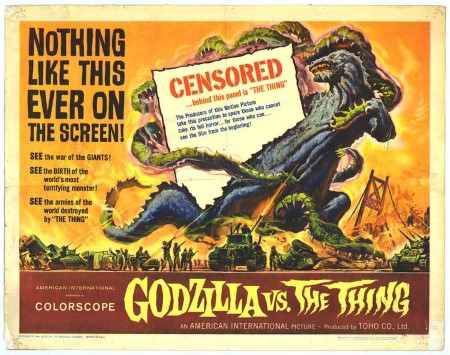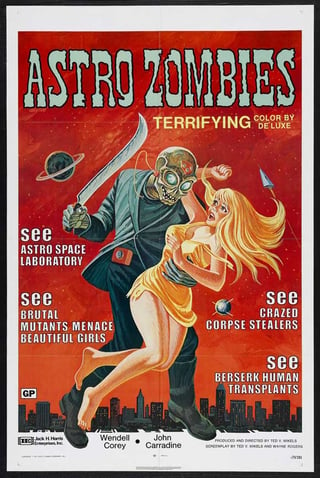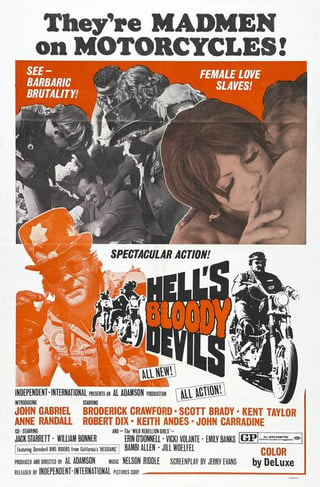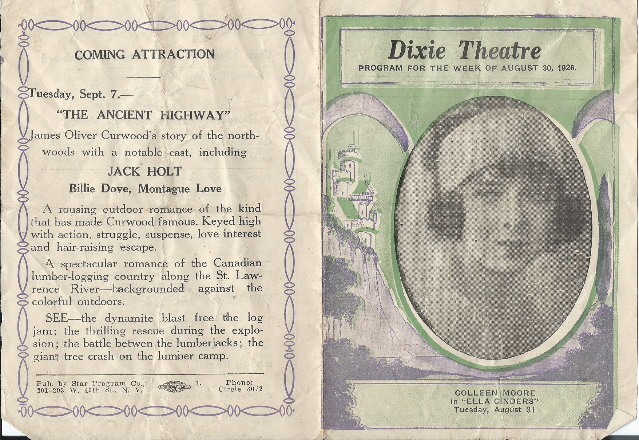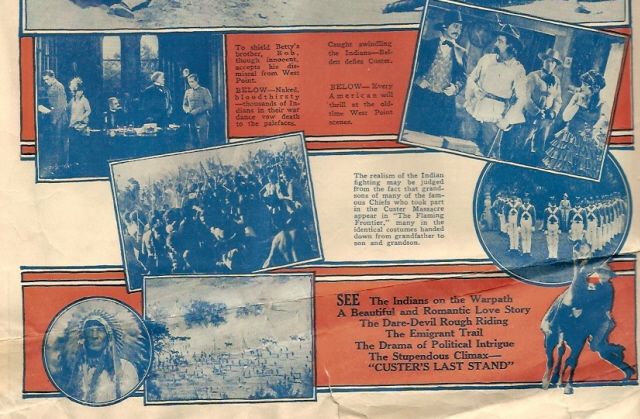A fair number of older movie posters, tending around the late 60's and early 70's, have commands on the side of the poster starting with SEE! and then some kind of generic or interesting event supposedly in the film. For examples:
So far as I can tell, based on the three examples alone, I can't find a single director or producer in common between them.
I was wondering if there was any specific poster manufacturer or movie that started this trend, or if there was some historic significance to this advertising method.

